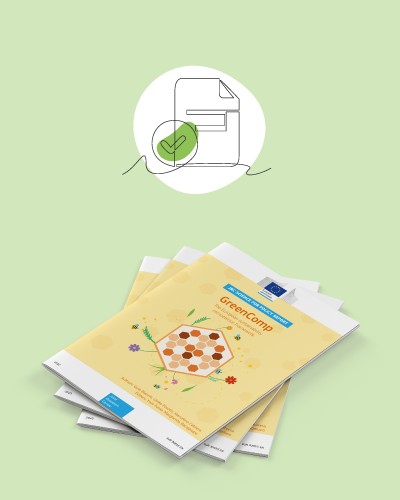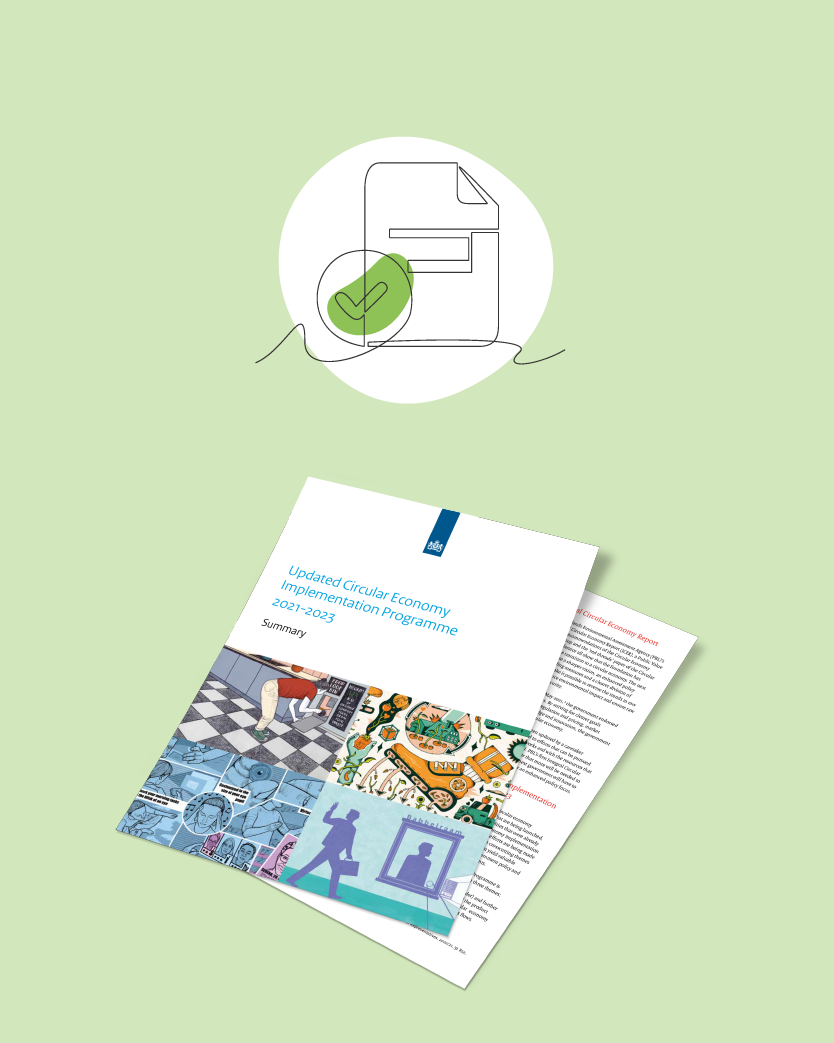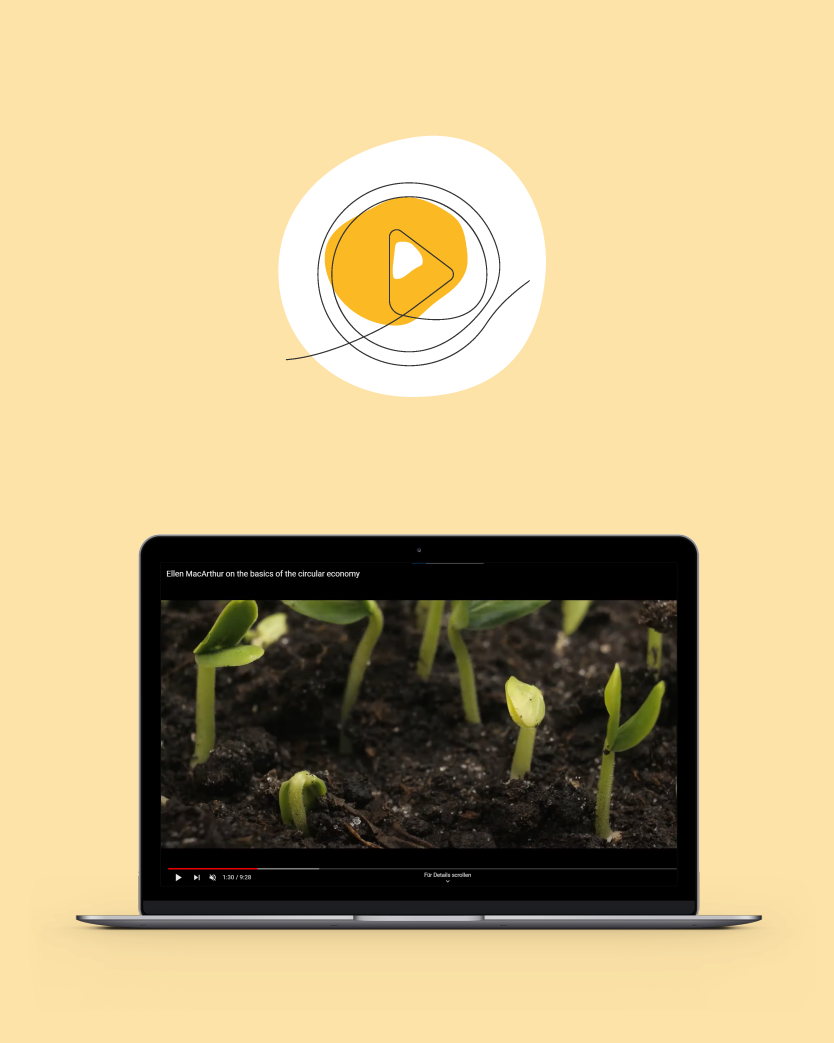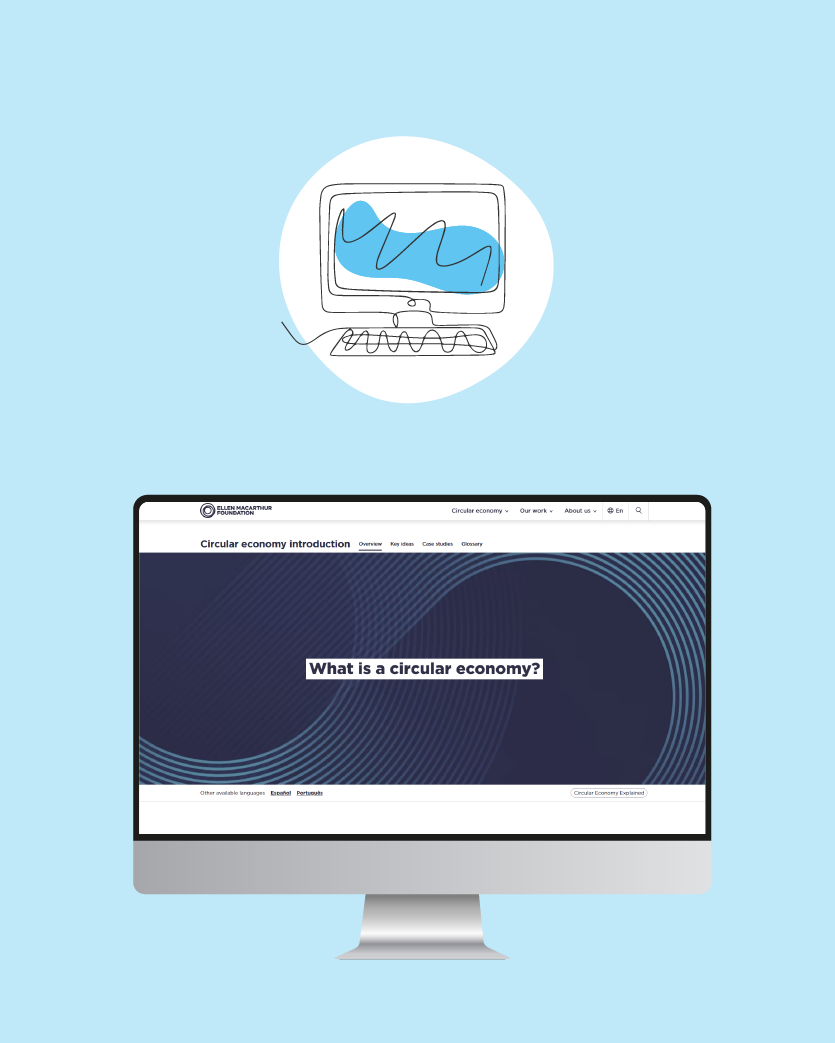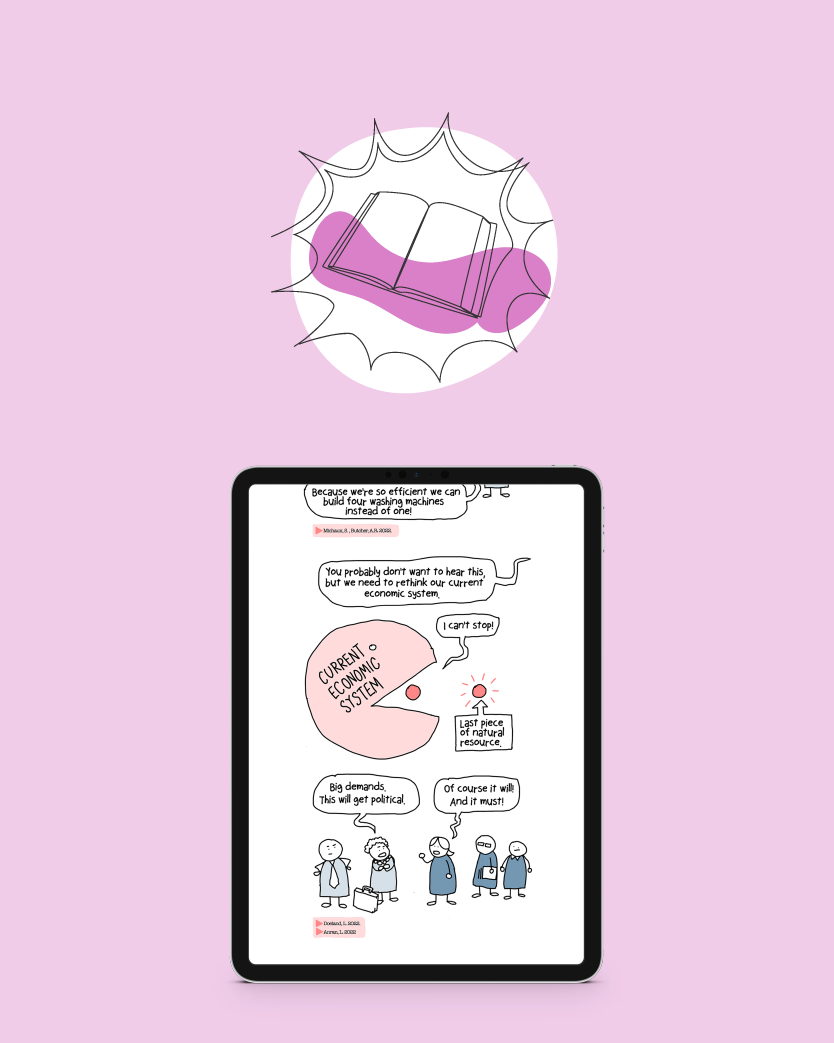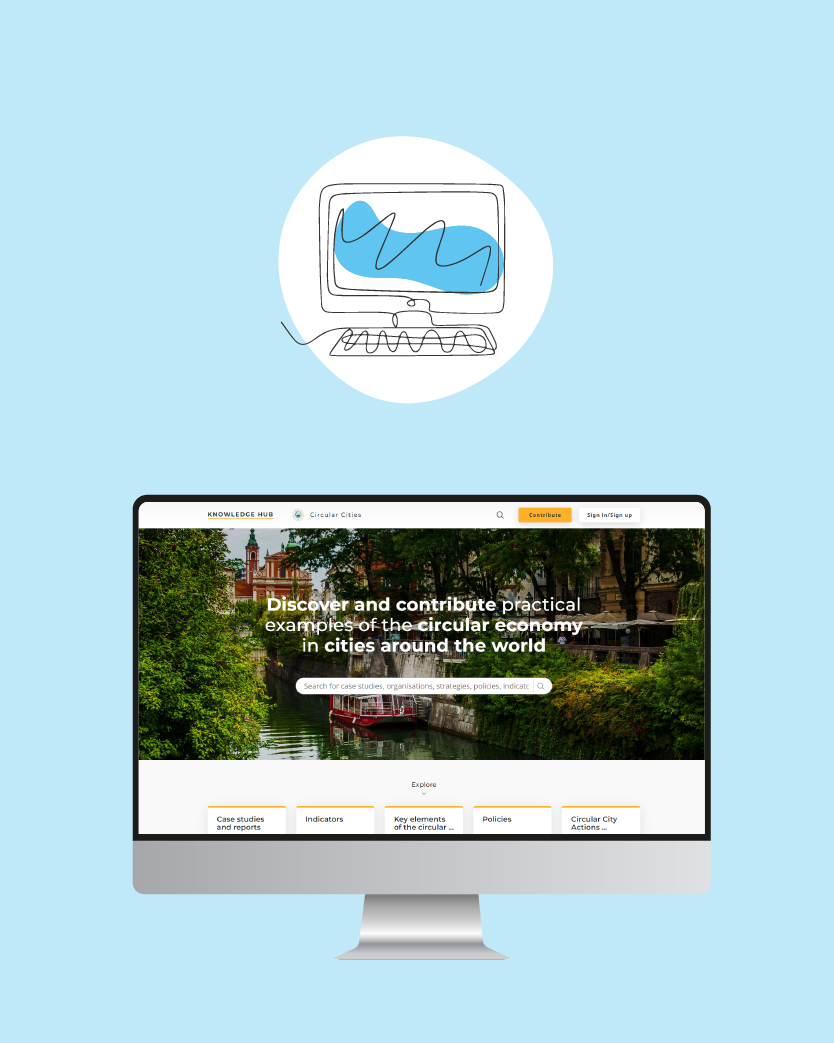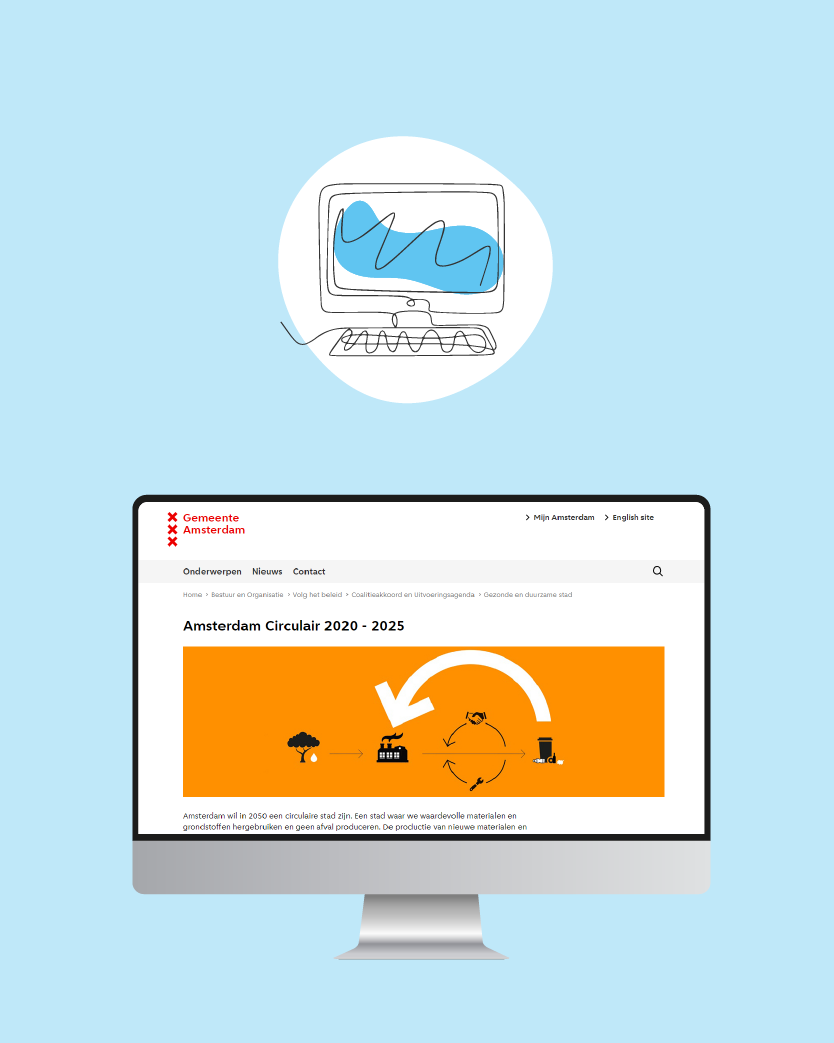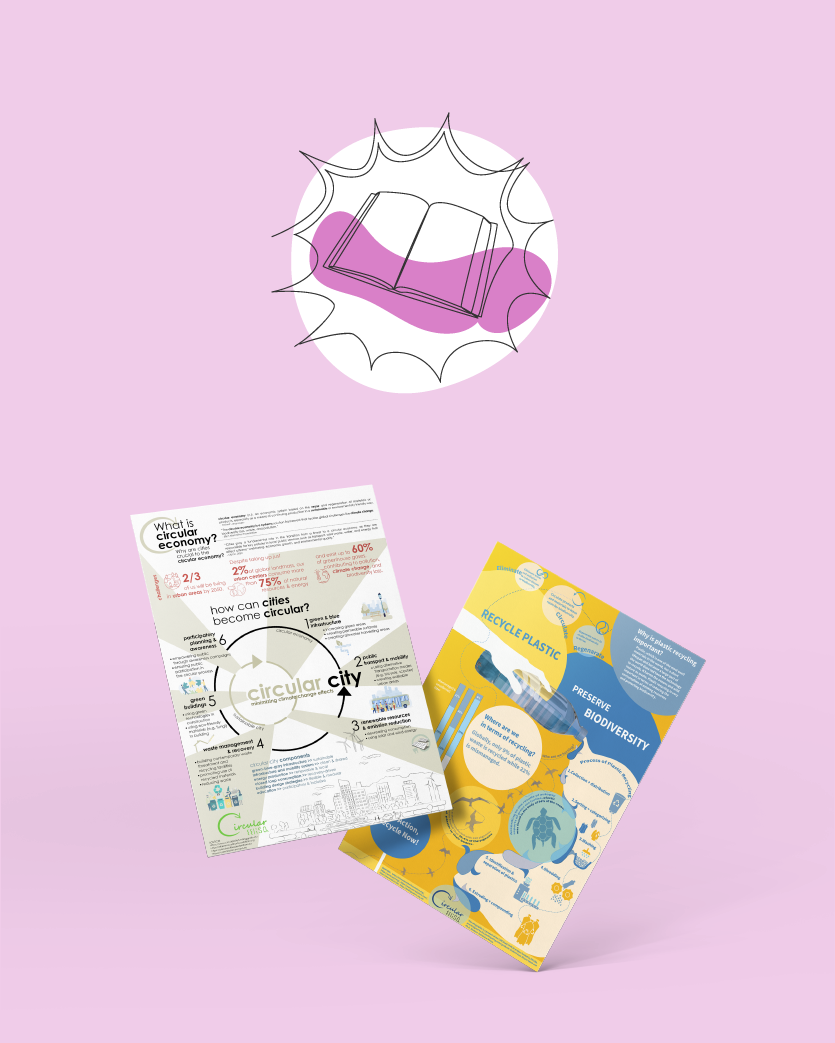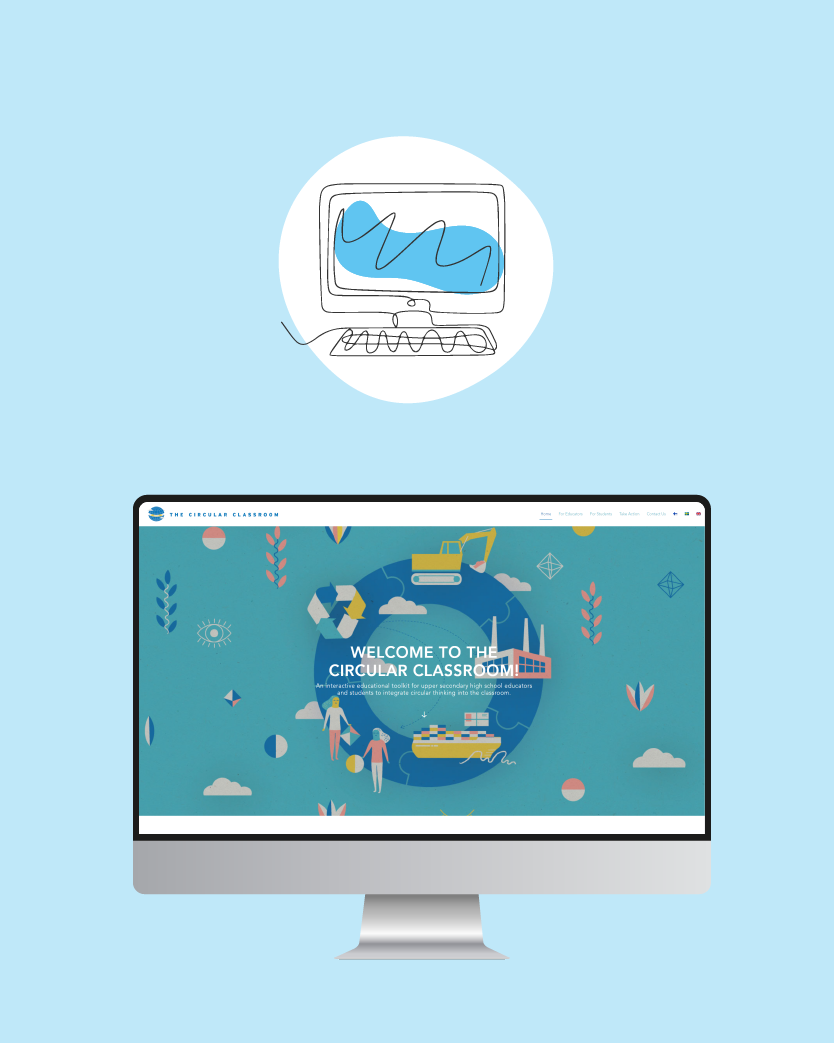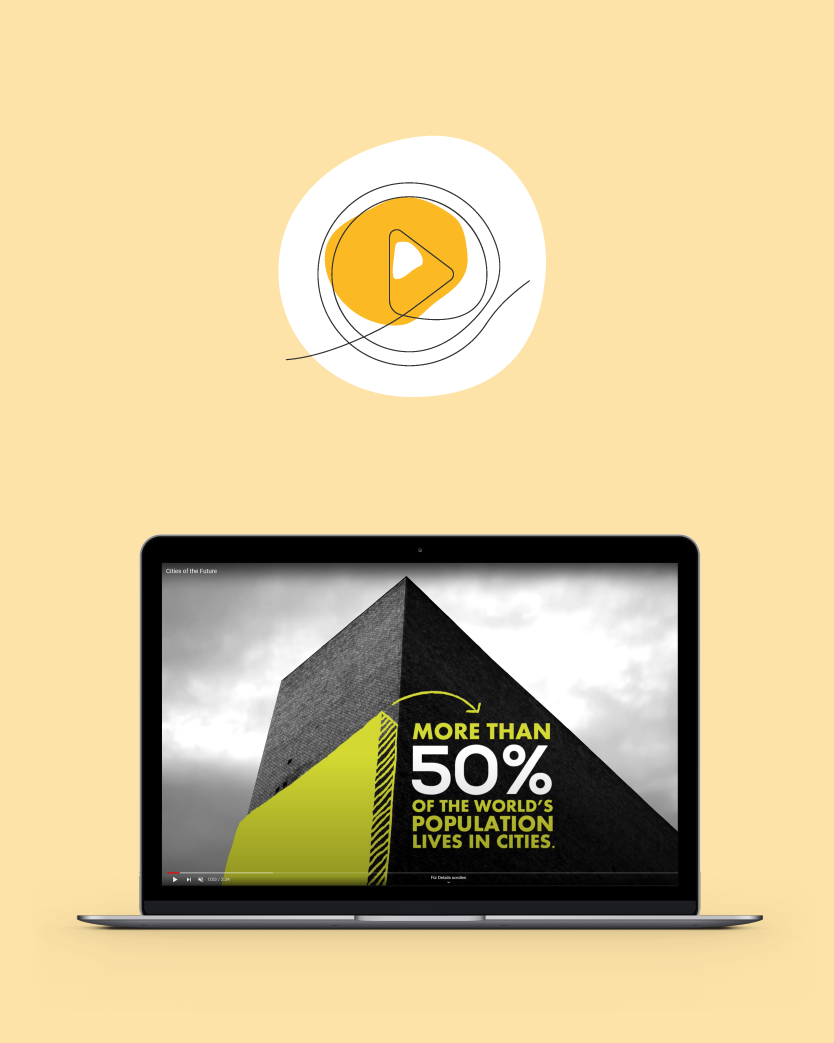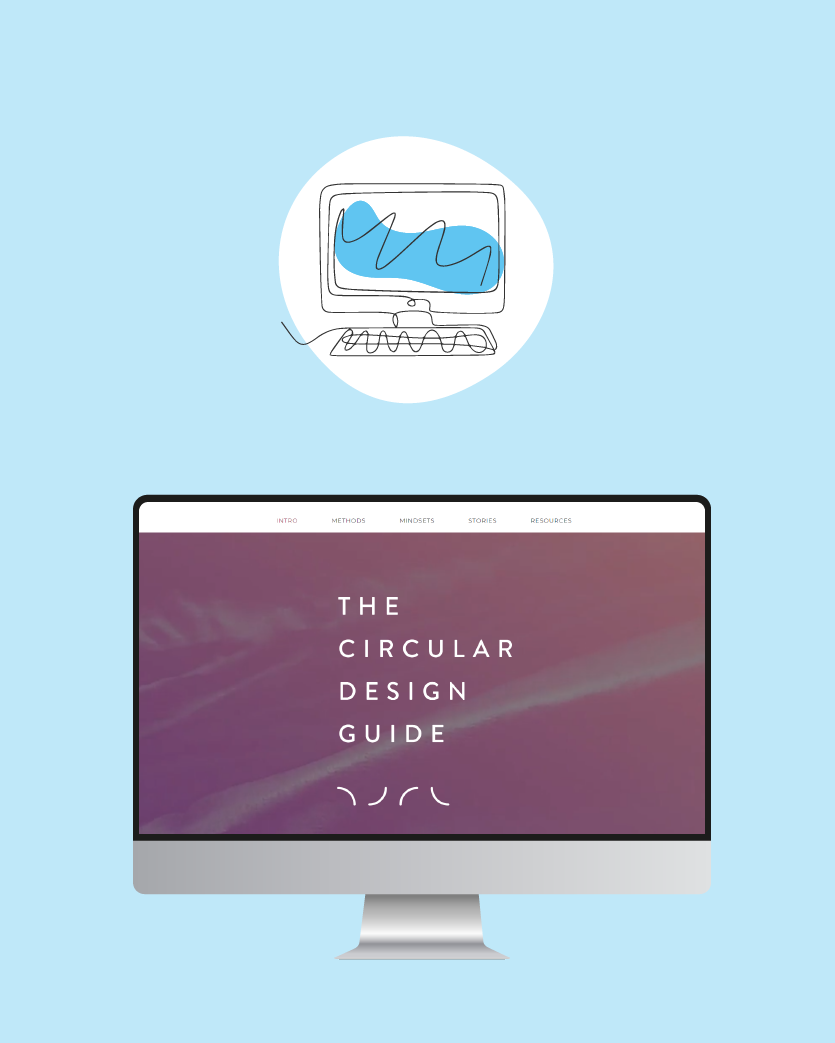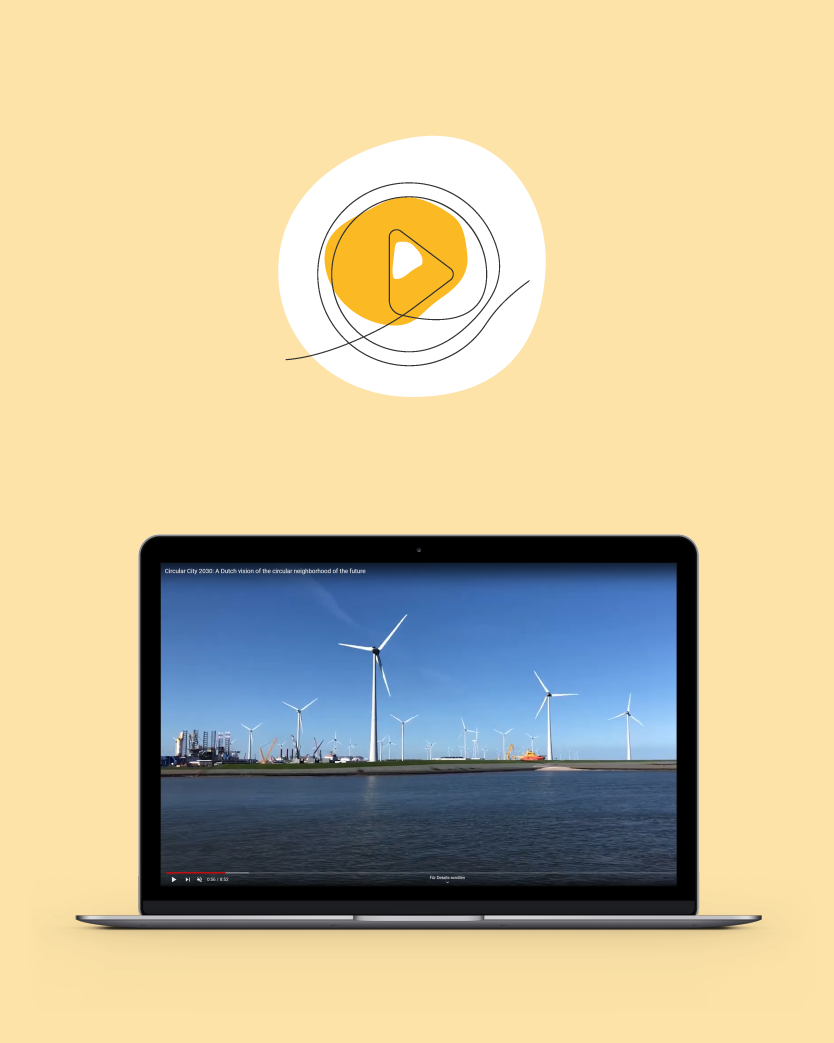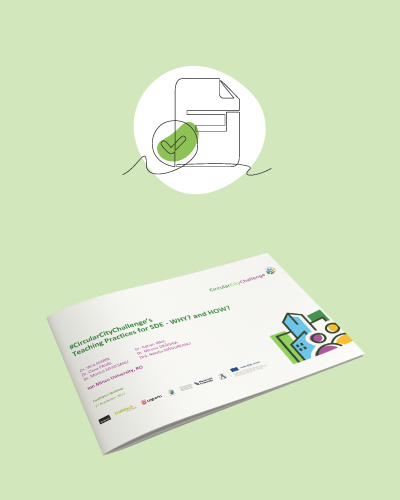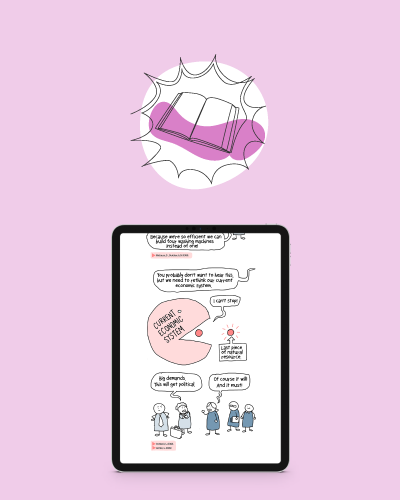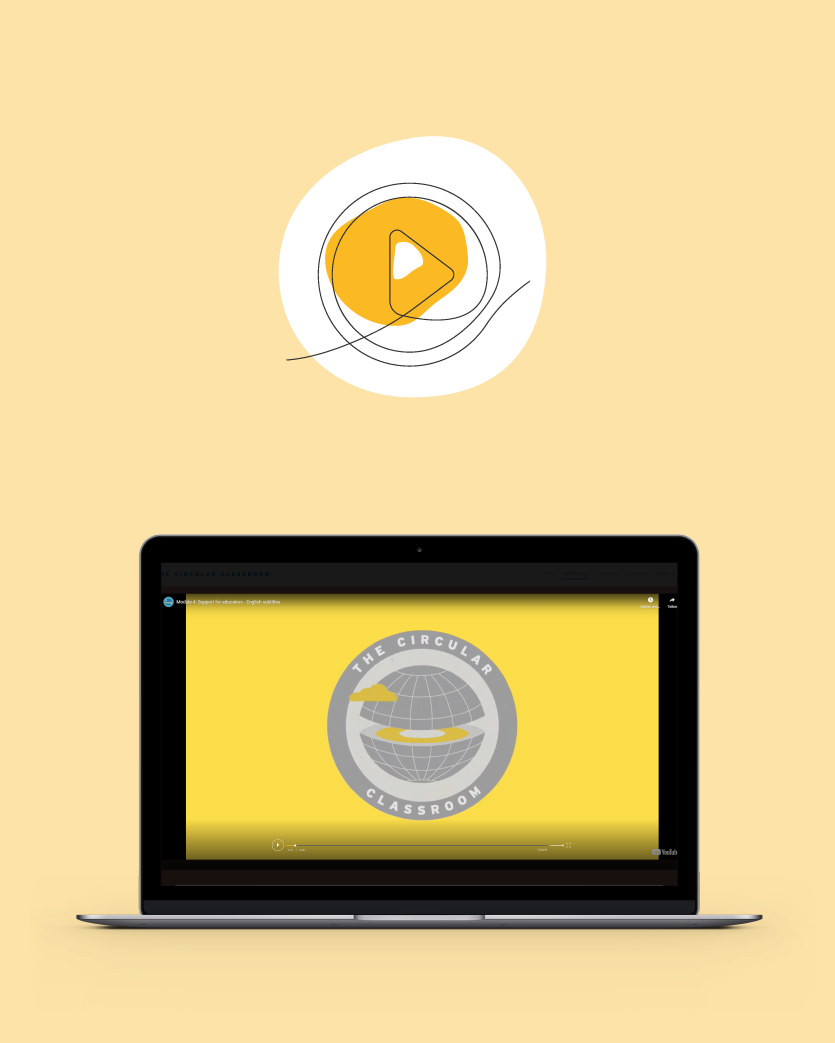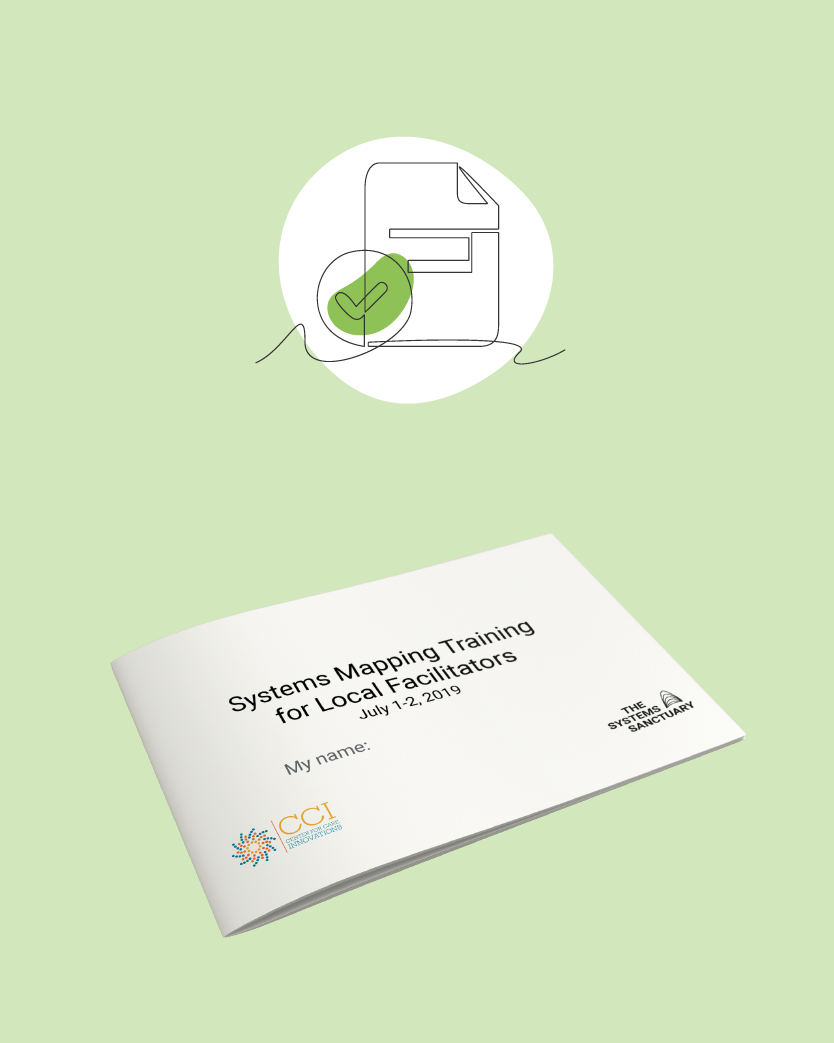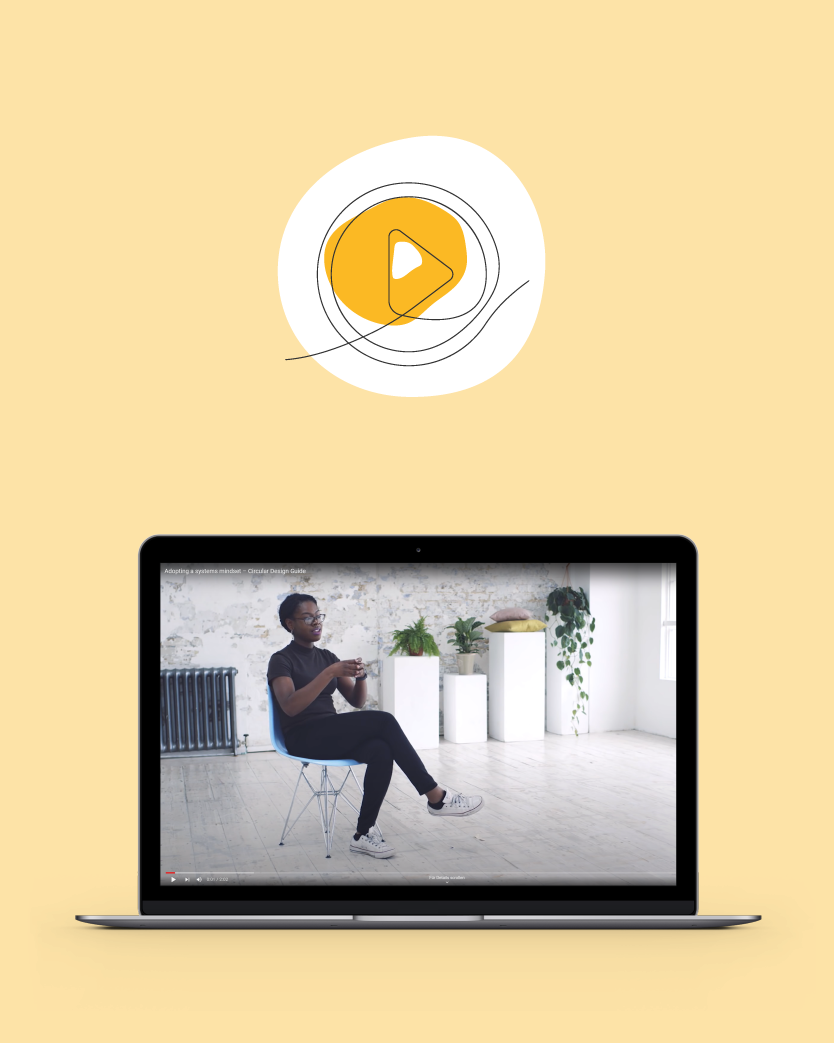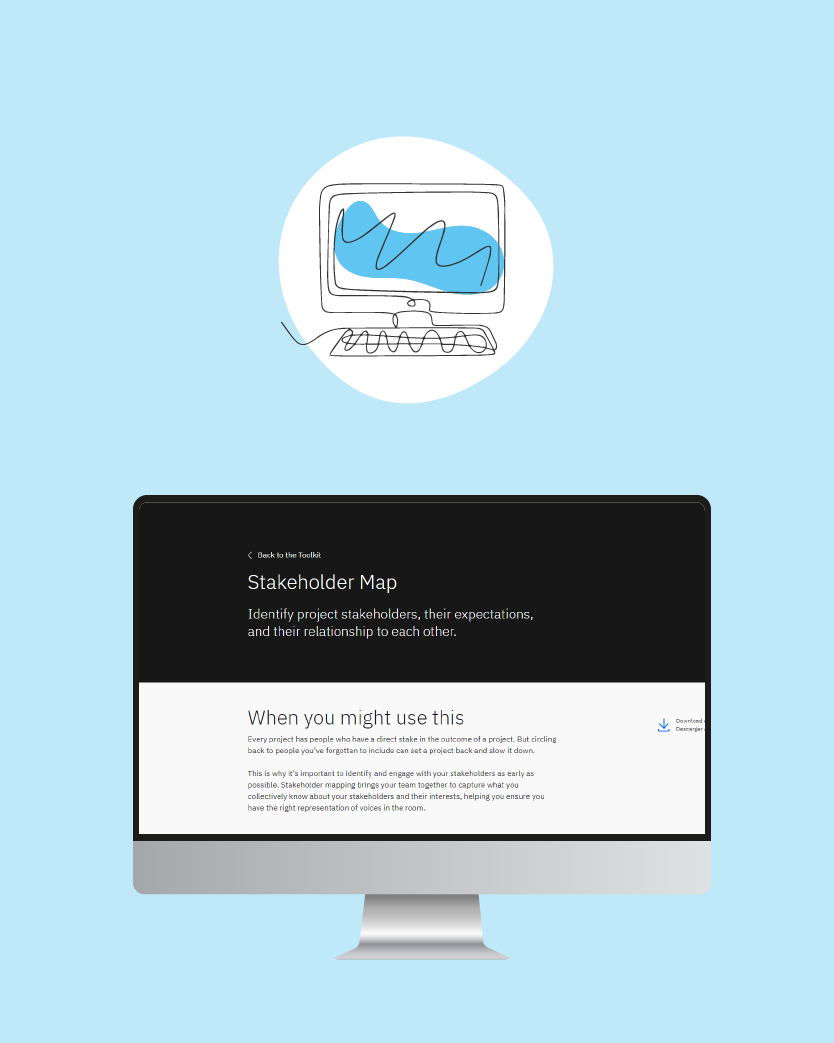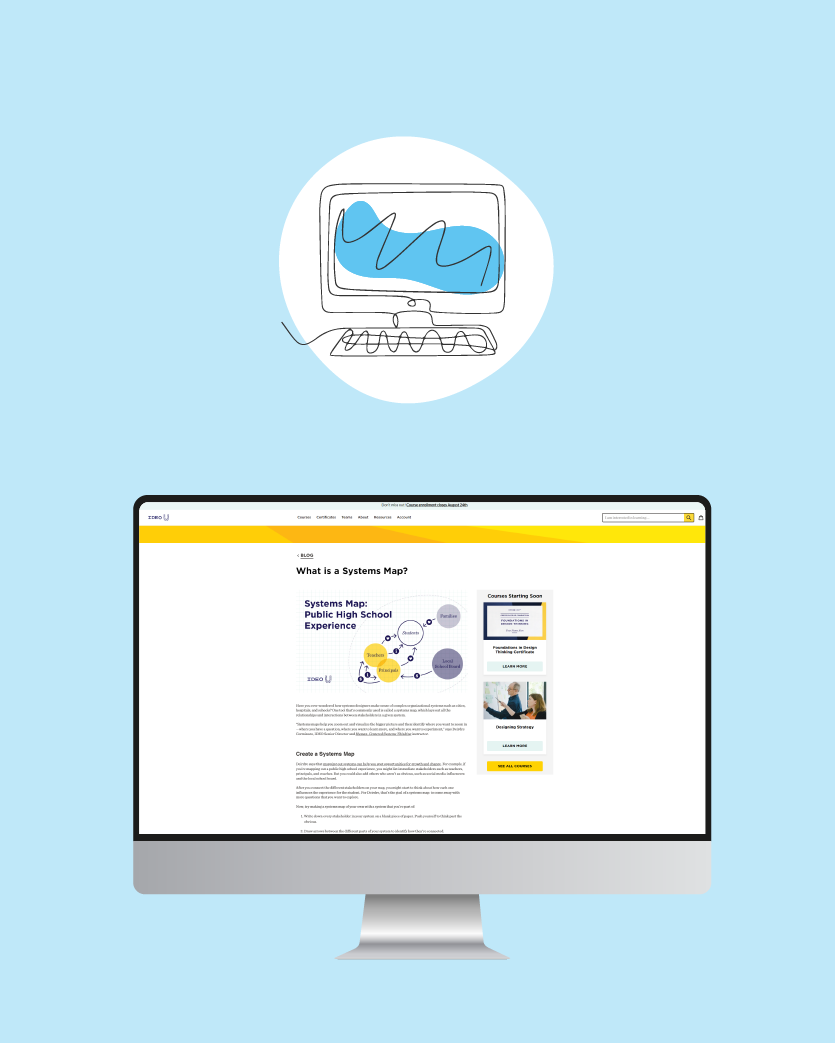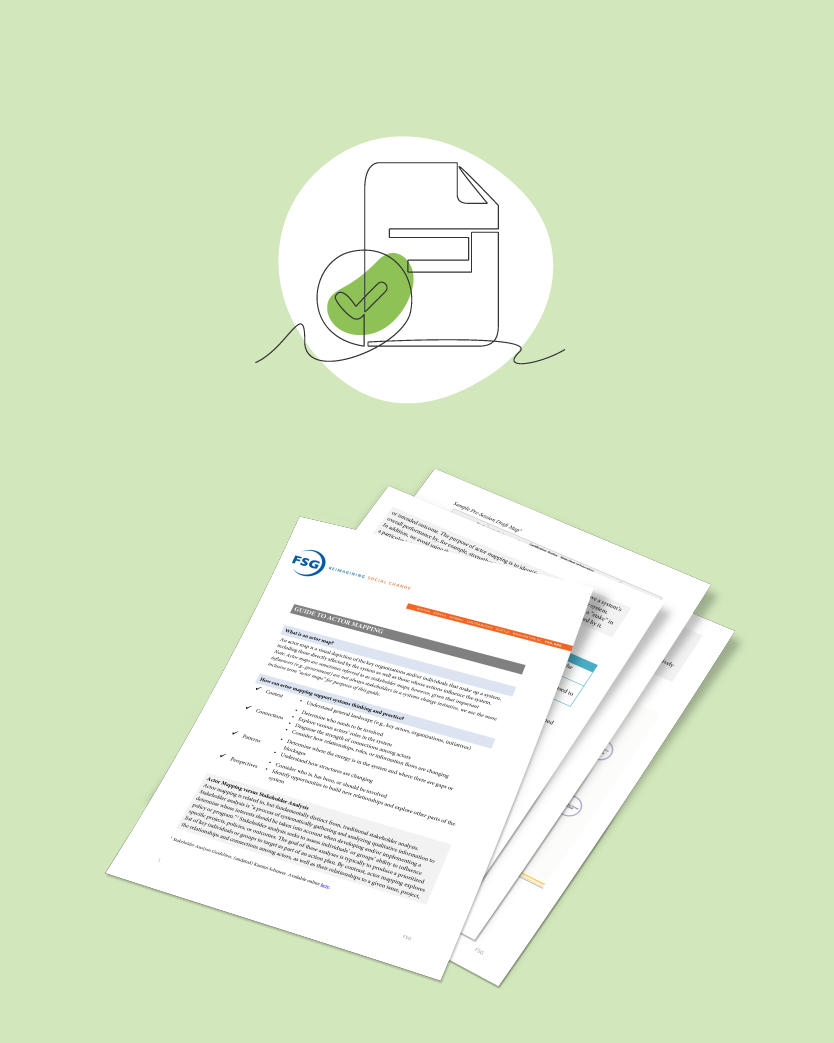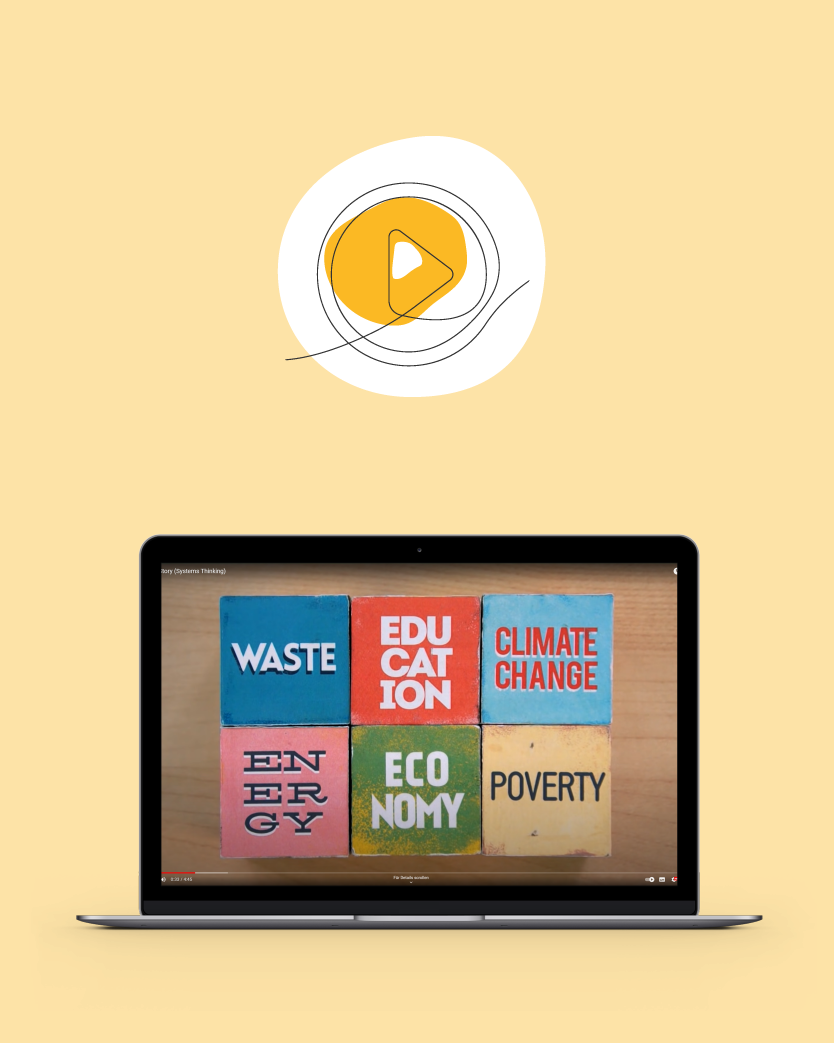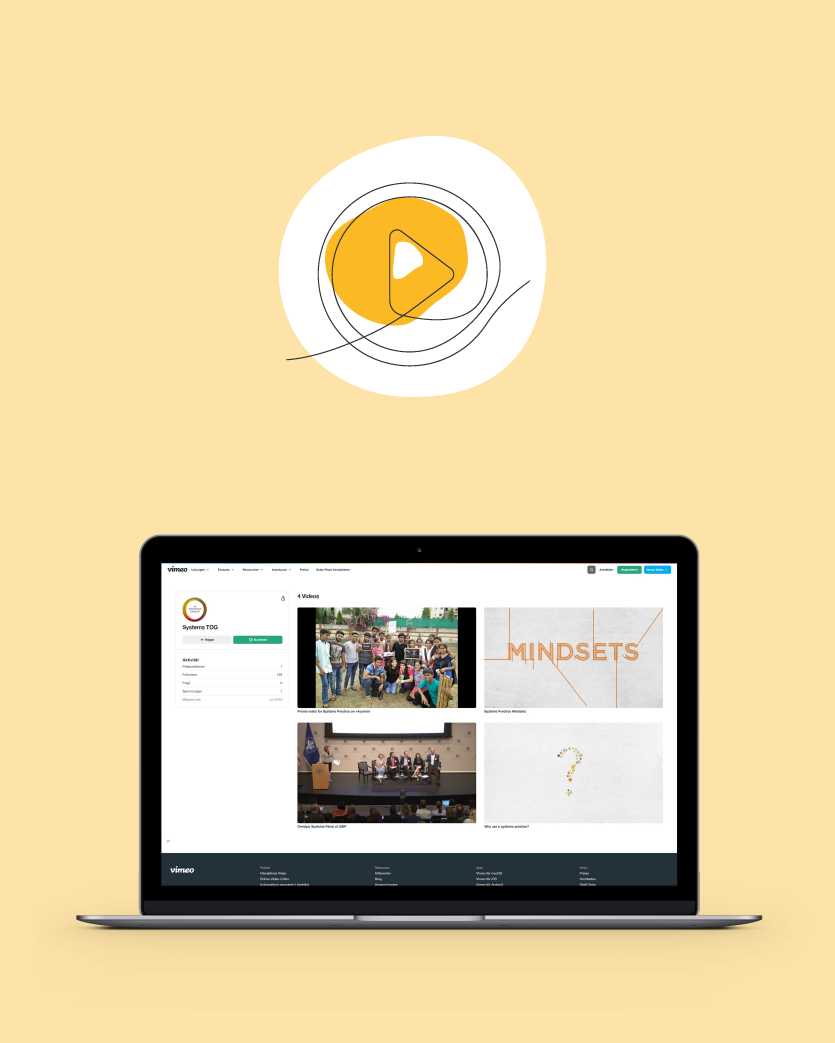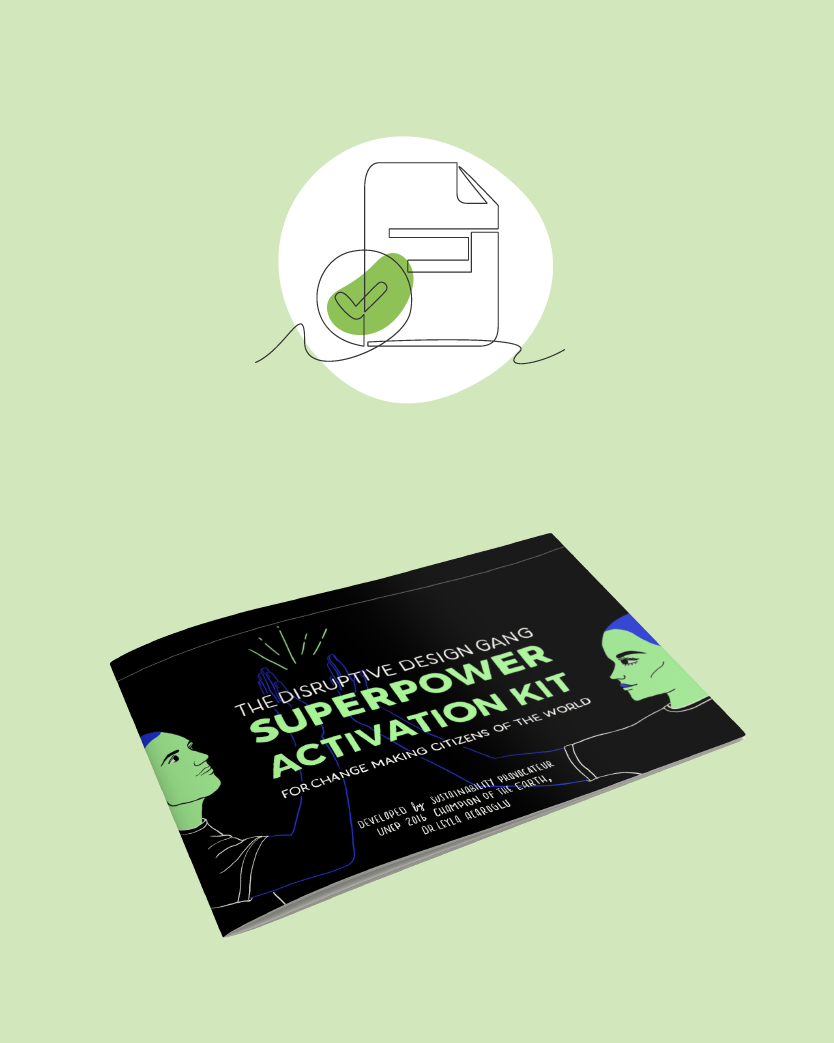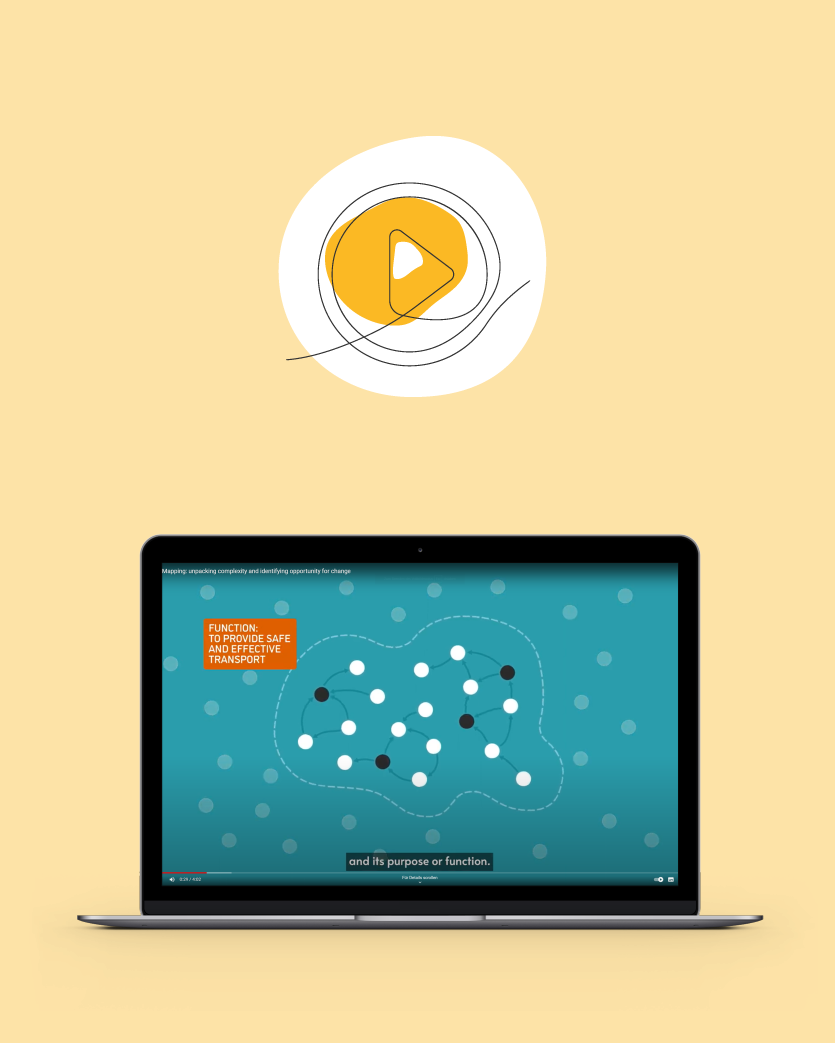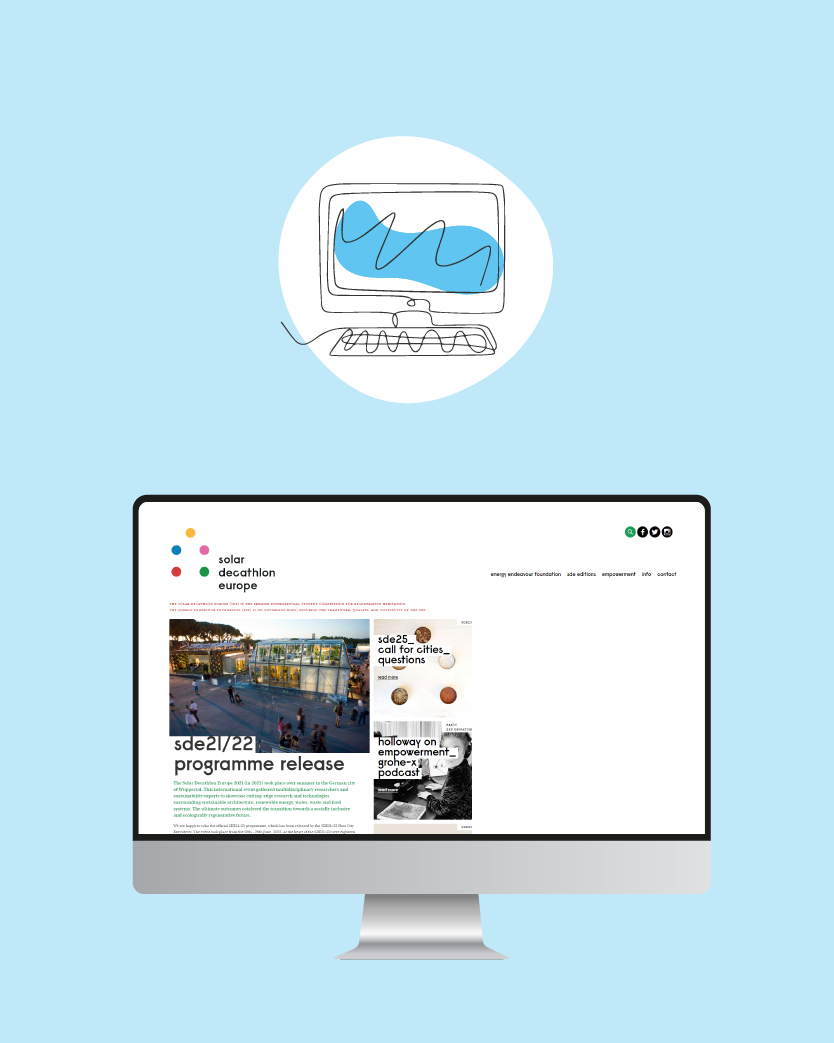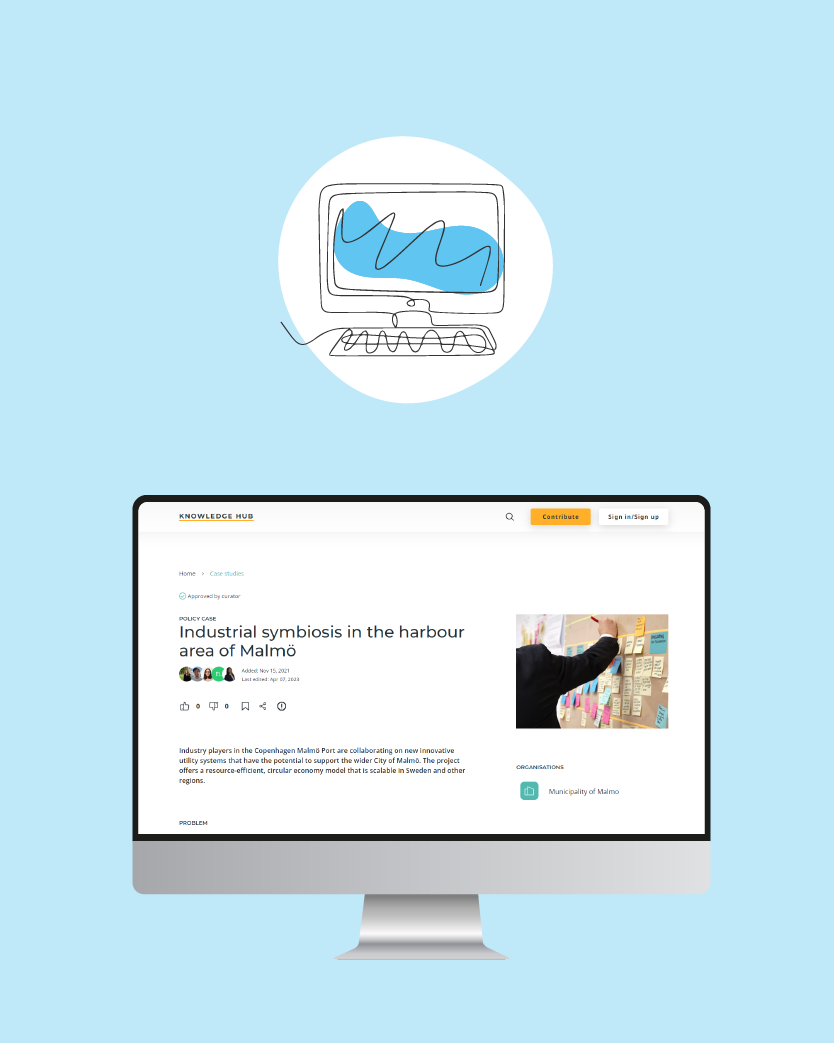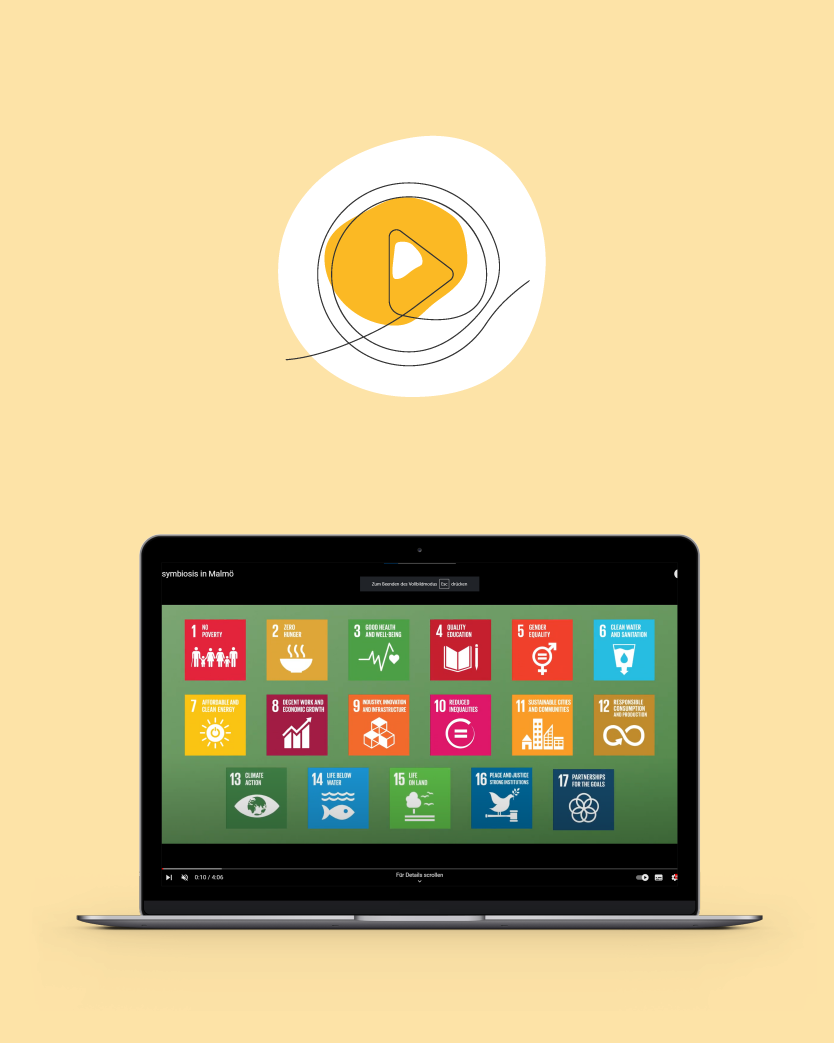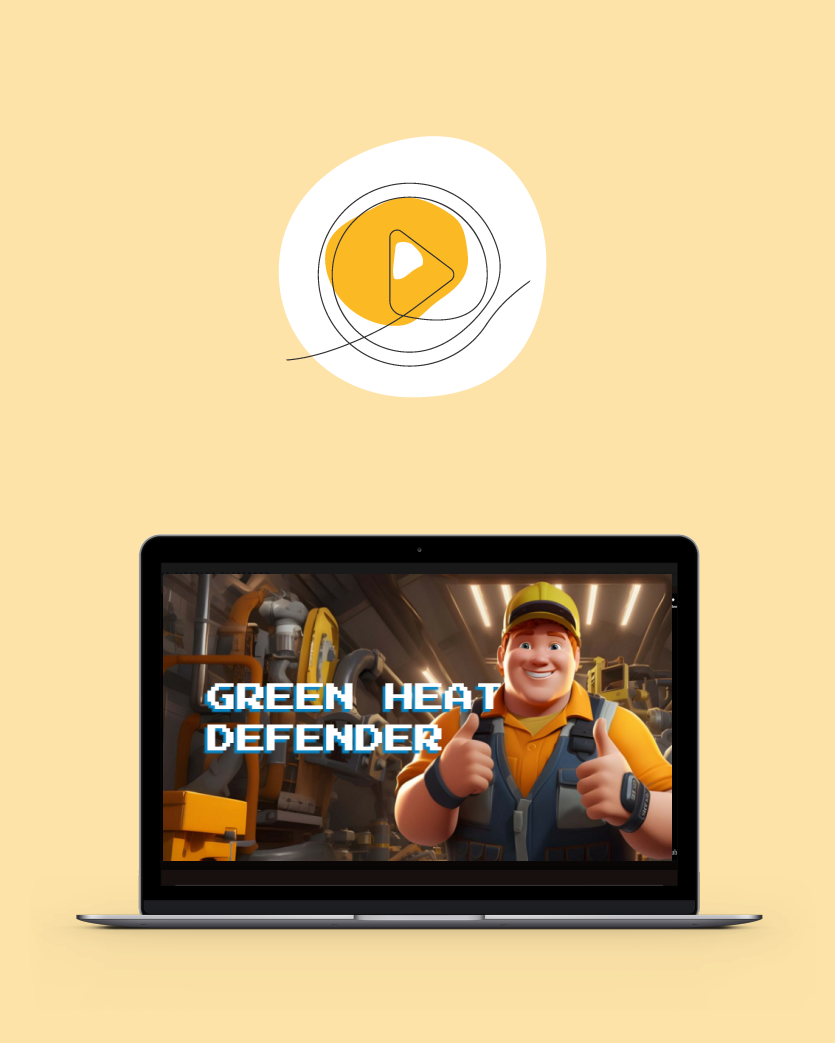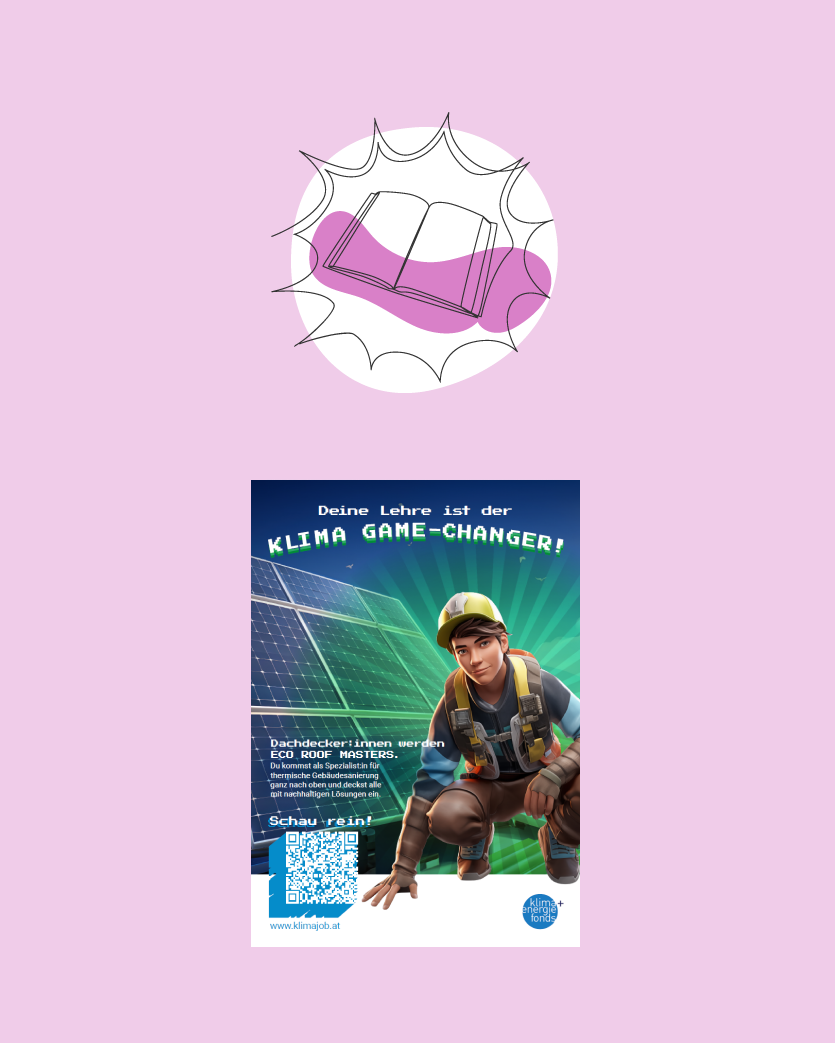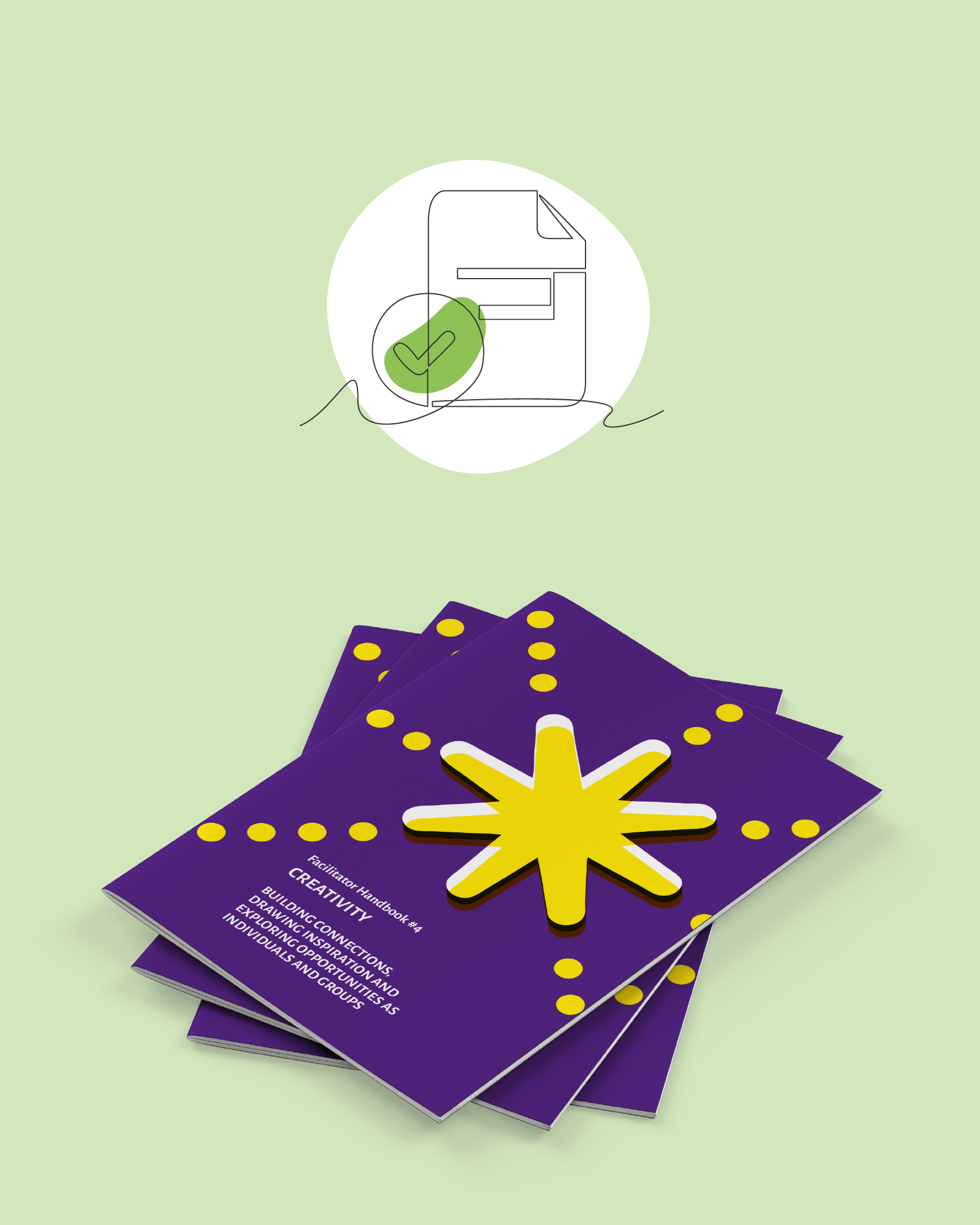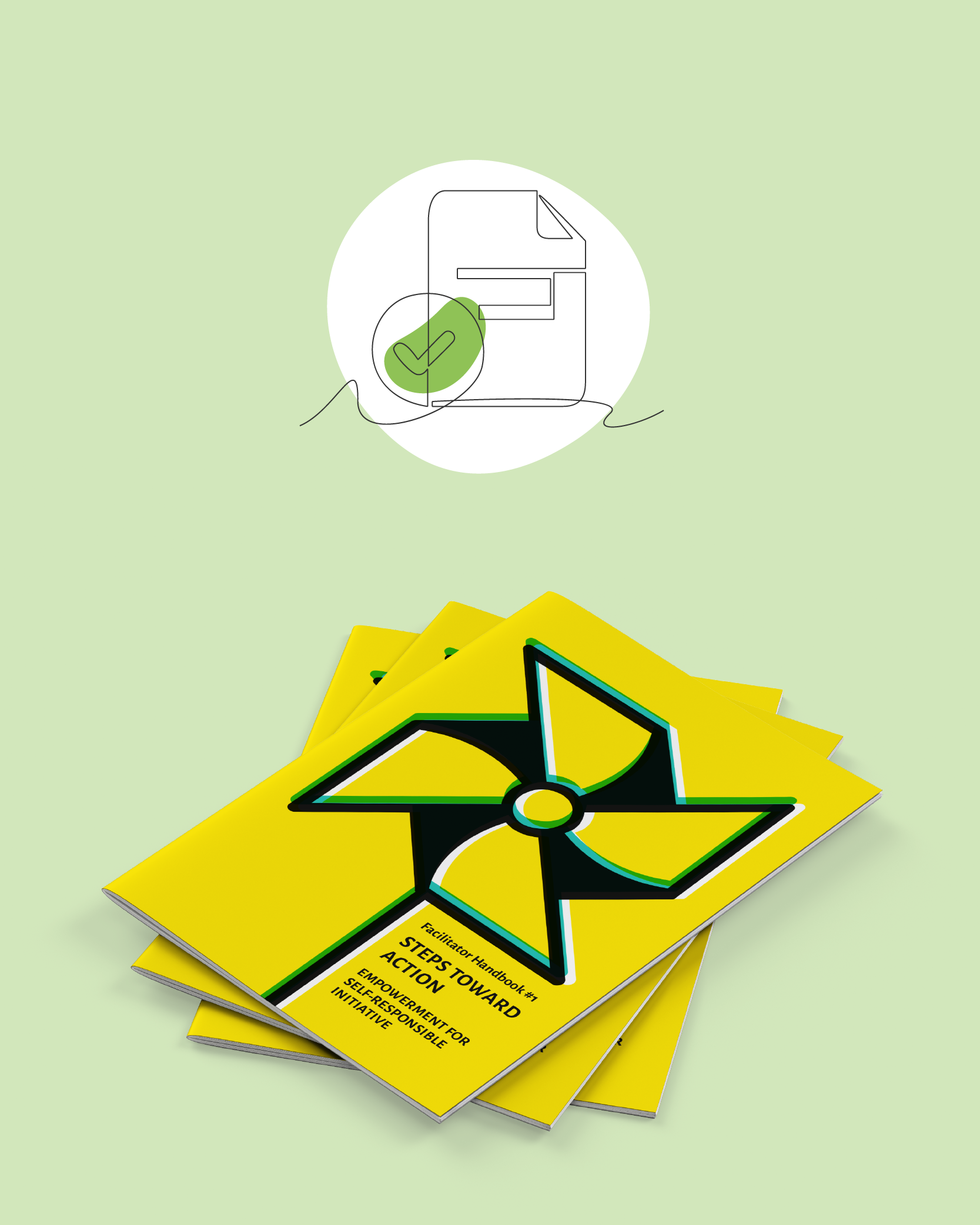Information for teachers and facilitators
Teachers and facilitators can choose the format that fits their teaching context, such as independent workshops, cross-subject collaboration, science fairs, project weeks, green weeks, after-school activities, homework, summer schools workshops, or seminars.
*World Employment and Social Outlook 2018: Greening with jobs International Labour Office – Geneva: ILO, 2018
Our offer to all CCC facilitators
Webinars with recognized experts on education for sustainable development
Membership in our “Circularity Heroes” online community to present yourself & connect to likeminded peers
Invitation to the award ceremony and the “Empowering youth through 21st century education” event for teachers on November 8th, 2024
Awards
CCC participation certificate for all facilitators
CCC contribution certificate for facilitators attending at least one of our events
CCC winning team certificate!
Do you want to help your students learn about circularity and sustainability in a fun and engaging way?
Download the step-by-step handbook for teachers and facilitators here!
The handbook is also available in Romanian, Spanish and German – Download them here!
You don’t need to do any training to lead the students. You only need enthusiasm, creativity and our resources to guide your students through all six steps of the contest.
If you have any questions or need any assistance for the contest, feel free to contact us! We will be happy to support you. You can reach us via the contact form or write directly to antonija.bogadi(at)synyo.com.
Need more input? Below you can find more resources – videos, articles, examples – for each step!
Our Vision
The CircularCityChallenge method is a new way of teaching about circularity and sustainability that is inspired by Sir Ken Robinson’s vision of education. Sir Ken Robinson was a global authority on creativity, education, and human potential. He believed that every person has unique talents and passions that should be nurtured and celebrated. He questioned the conventional education system that relies on uniformity, norms, and exams. He supported a more customized, natural, and creative approach that uses the varied resources of technology, culture, and human potential. He aimed to change education into a lifelong adventure of learning, exploring, and personal growth.
The CircularCityChallenge method follows Sir Ken Robinson’s vision by making circularity and sustainability a creative and engaging learning experience for students and teachers. The method helps students and teachers discover new values, explore local community and circularity, and contribute to positive change. The method uses a variety of digital and physical tools, platform, and resources that support the learning process and facilitate knowledge transfer and stakeholder engagement. The method also creates communities of practice that connect students, teachers, parents, community members, experts, policymakers, and practitioners in the field of circularity and sustainability. The method aims to empower students and teachers to become active agents of change in their own contexts.
Knowledge
- Explain the value and meaning of circularity and sustainability
- Demonstrate situations in their communities (households, schools, neighborhoods, cities) that are problematic in terms of too much linearity in the resources management, i.e. too much waste
Skills
- Apply the process of mapping and understanding stakeholders and their relationships for selecting more circular options
- Independently plan and implement a circularity project in their community
- Plan actions while being very precise about the roles and describing the results in a time frame
- Present analysis and proposal to the jury and any other audiences in a well argued manner
- See the waste as a potential resource
- Contribute to circularity, that includes each and every one of us in the community
- Align the vision on the common perspective that results from collaboration, from thinking together about the present and future
- Steer creativity – seen as innovation with available resources
- Contribute to teamwork that enables the quality of the process and the result
Circular economy in a nutshell
Help your students identify the circular challenge in their surroundings
Assist your students in mapping the stakeholders around their challenge
Facilitate envisioning circular futures
Support your students in designing their circular idea
Assist your students in submitting their ideas
Explain the assessment criteria and ensure that students have followed the instructions.
WEBINAR FOR EDUCATORS 27.11.2023
Discover, Explore, and Contribute: The CircularCitychallenge Method for Sustainability and Circular Economy Education
This webinar showed how the CCC method helps your students discover new values, knowledge and skills, explore local community and circularity, and contribute to positive change.
Our experts presented how to use a more personalized, organic, and innovative approach that makes sustainability education a journey of discovery, exploration, and fulfilment.
Don’t miss this opportunity to join the CircularCitychallenge community and transform your teaching practice.
CONTENT:
16:00 – 16:10 | How to Transform Your Teaching Practice with the CircularCityChallenge Method | Dr. Vera Marin Ion Mincu University of Architecture and Urban Planning, Bucharest, Romania |
16:10 – 16:20 | Reflections and Inquiries | |
16:20 – 16:30 | Teaching Sustainability and Circular Economy with the CircularCitychallenge Method: A Step-by-Step Approach | Dr. Özlemnur Ataol and Dr. Darian Meacham Maastricht University, Netherlands |
16:30 – 16:40 | Reflections and Inquiries | |
16:40 – 16:50 | The CircularCityChallenge Platform: An Innovative Teaching Tool for Sustainability and Circular Economy Education | Dr. Antonija Bogadi SYNYO GmbH, Vienna, Austria |
16:50 – 17:00 | Reflections and Inquiries | |
Open questions? Contact us via office@circularcitychallenge.eu

